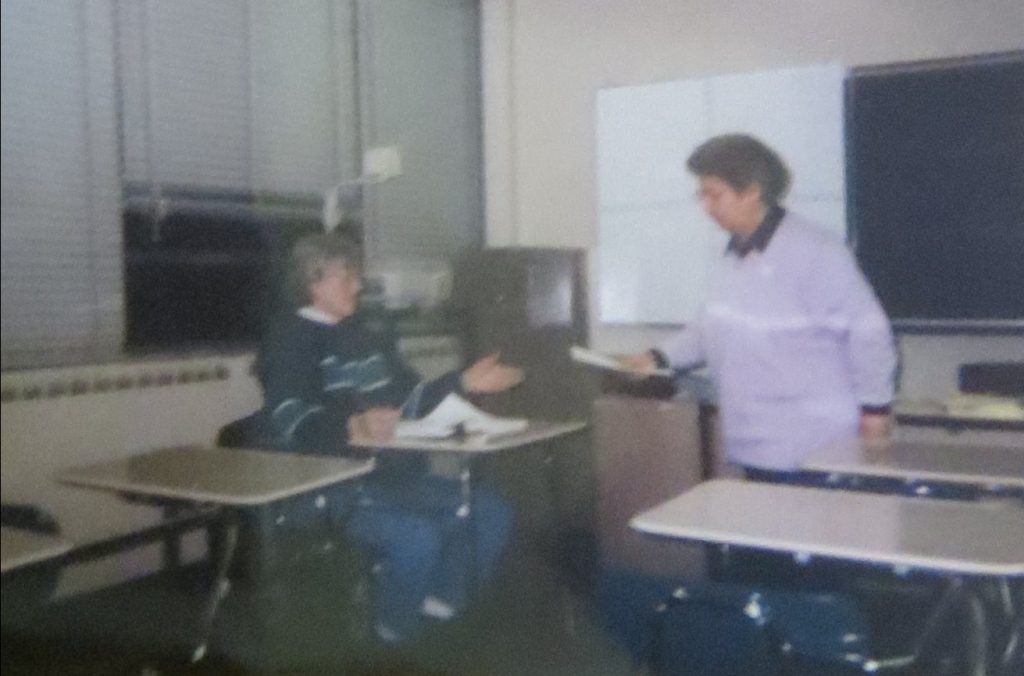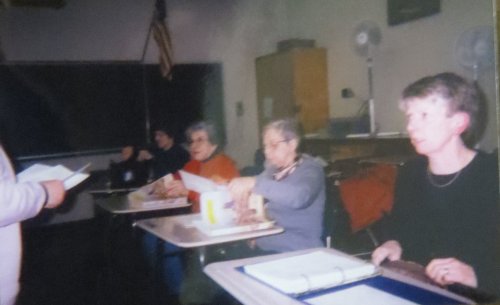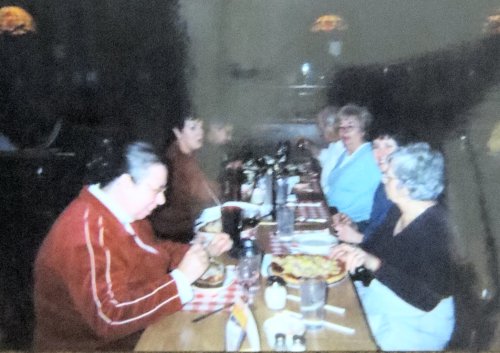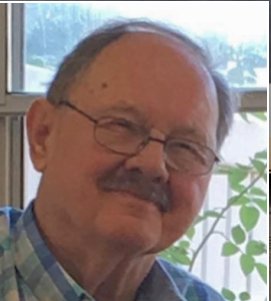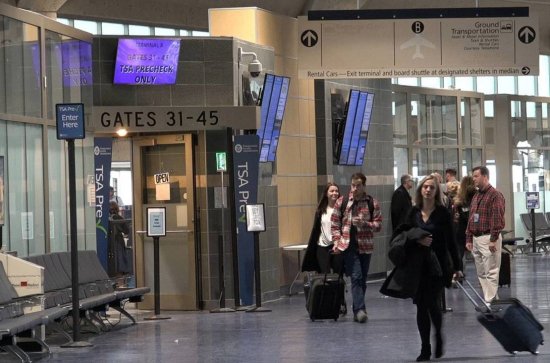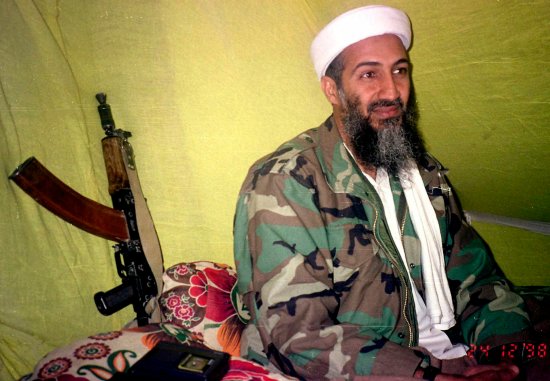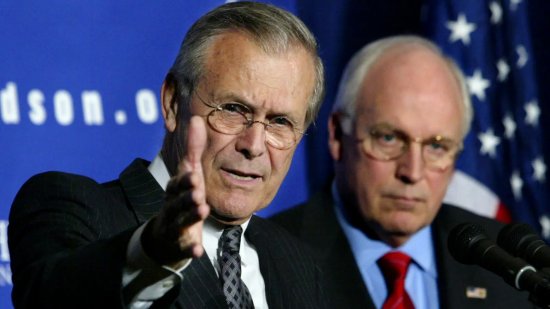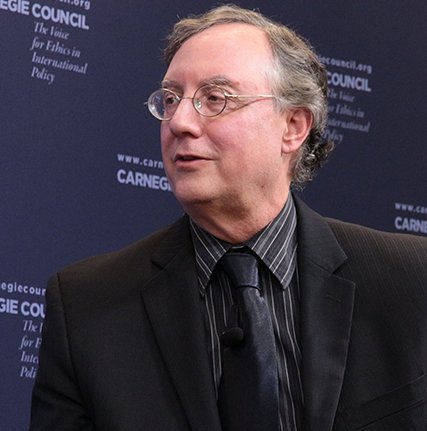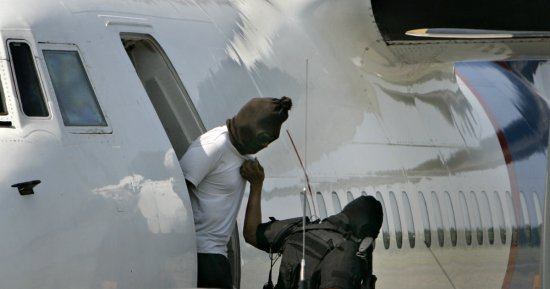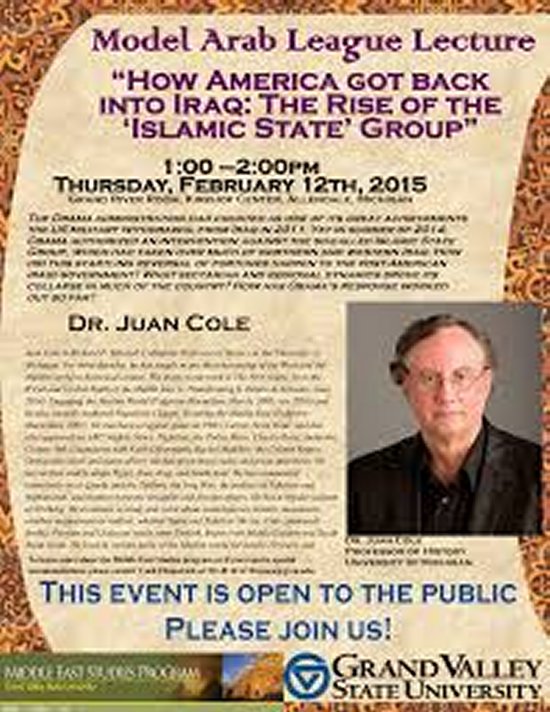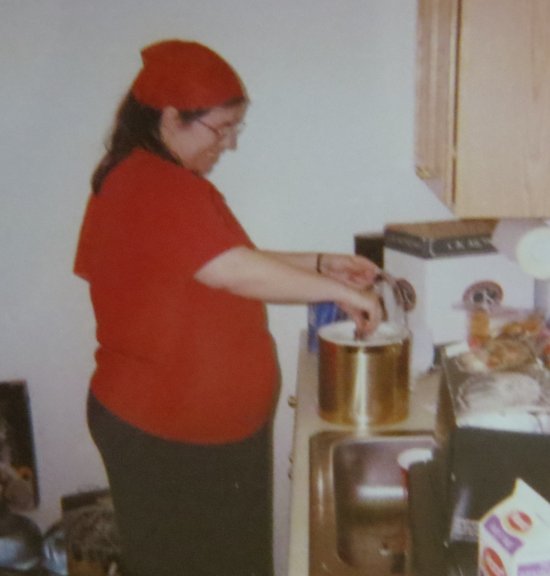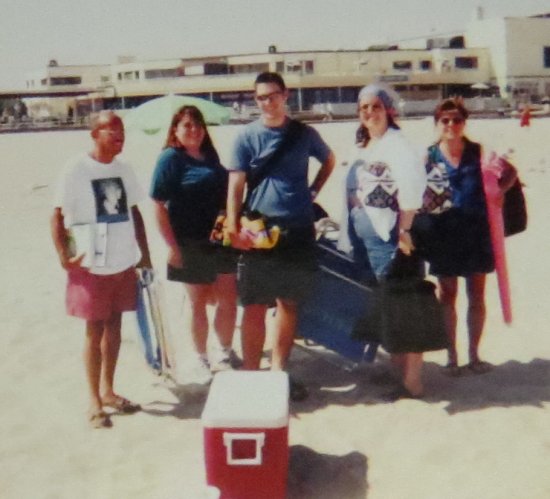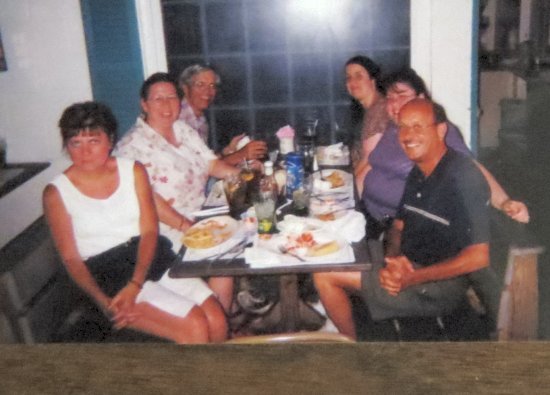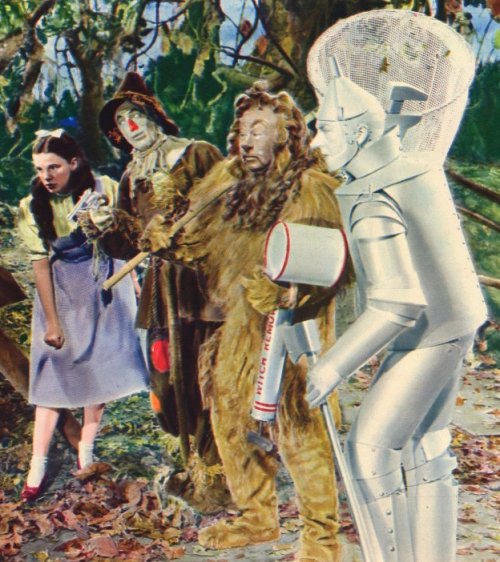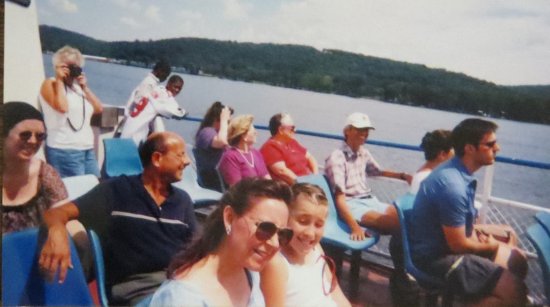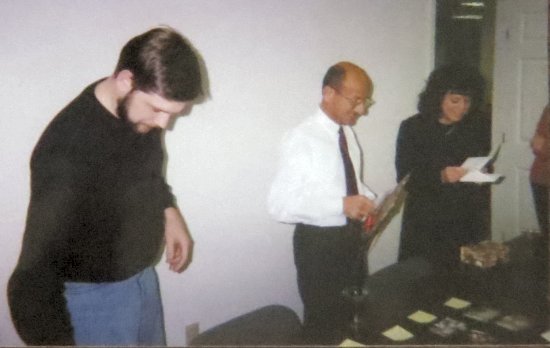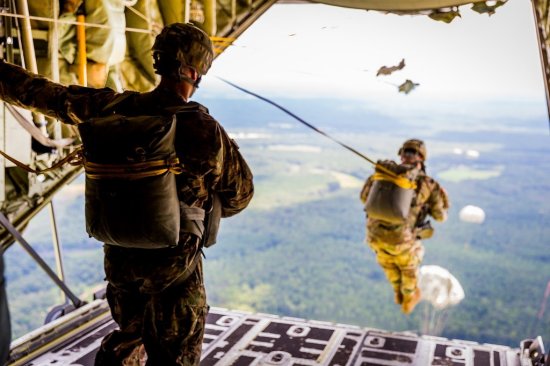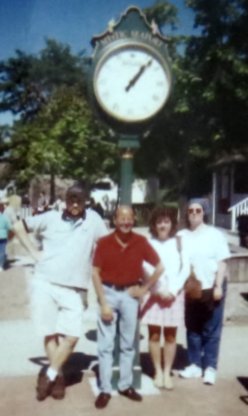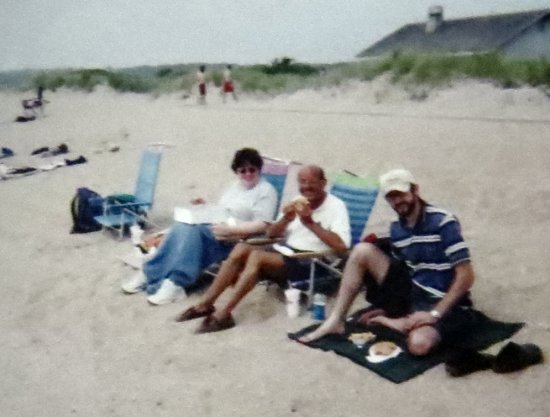When I was young I was obsessed with France and French, not Italy and Italian. I was barely in grade school when I nagged my parents into buying phonograph records that were designed to help people learn French. I learned … Continue reading
When I was young I was obsessed with France and French, not Italy and Italian. I was barely in grade school when I nagged my parents into buying phonograph records that were designed to help people learn French. I learned to say “Bonjour, Monsieur Lenoir” but nothing else. So far I have never met anyone named Lenoir. So, the effort has not yet generated great benefits.
I think that I must have become interested in Italian because of operas. By the late nineties I had season tickets to the Connecticut Opera, which performed three or four operas per year at the Bushnell Auditorium in Hartford. I had purchased a Sony Walkman on which I listened to tapes while I was running. I bought several sets of tapes from the Teaching Company that helped me to learn about operas and composers. My car also had a tape player that allowed me to listen virtually any time that I was not working or eating. I purchased recordings of Italian operas and selections of operas on tapes and CDs.
The beginners class: In late 2001 we received a booklet1 mailed to us by the Enfield Adult and Continuing Education department. We had received these twice a year for several years, but I had little interest in them because I was so busy with work. On this occasion, however, I noticed that they were offering courses in several languages. In Italian they offered three courses that had prerequisites: beginning (continued), intermediate, and advanced, all taught by Mrs. Cherlong. They also offered an additional first course for beginners. I signed up for that one. It met for a few hours one evening per week for ten weeks starting in late January 2002. The sessions were held in a classroom on the ground floor of Enfield High, the Alma Mater of my wife Sue .
My expectation was that Italian would be similar to Latin. How could it not be? I soon discovered that English actually contains more words of Latin origin than Italian does. Furthermore, the Italian grammar is obviously based on Latin, but it has had many centuries to evolve deviations and exceptions. What I had not taken into account was that Italy had been invaded many times since the heyday of the Romans, and each of those invading groups contributed to what is now called Italian. I soon learned that the Tuscan dialect used by Dante had become the standard Italian used for nationwide communications such as newspapers, magazines, radio, and television. However, many local dialects still prevailed in daily life..
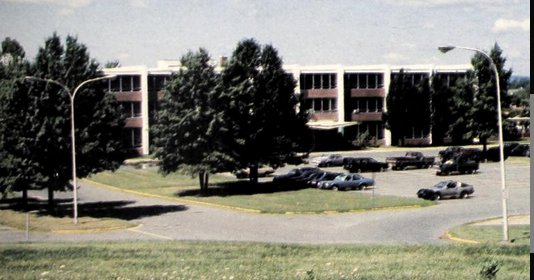
Our class consisted of between fifteen and twenty people. Most of them were empty-nesters, but a pair of girls who attended (or maybe recently graduated from) Enfield High also attended. They both had taken a few years of Spanish, and, it goes without saying, their memories still worked.
Our textbook reminded me of a coloring book. It was replete with line drawings with no shading.
Mostly we learned vocabulary that might be useful in describing things in a home, school, or office. We communicated only in English, which really surprised me. The teacher, whom everyone called Lydia2, tried very hard to make sure that no one was intimidated. This was a stark contrast to the Russian and ancient Greek classes that I had taken at the University of Michigan (described here). The former aimed at rapidly getting the students to the point where they could communicate with native Russian speakers. The goal of the latter was to enable the students to read the classics as soon as possible.
So, it was going to be difficult or impossible to learn to speak or even read Italian from the classes in Enfield. I enjoyed the time in the classroom, but I soon realized that I would almost certainly be dead before I could really speak Italian if I relied on these classes.
In the last of the ten sessions Lydia delivered the bad news. The class for the continuing beginners—that is, the second half of the beginners class—would not be offered in the fall. If we wanted to continue, we had three choices. 1) We could wait until next January for the next continuation class. 2) We could join the beginners class in September and repeat what we had studied in the last nine weeks. 3) We could work on our own to finish our workbooks and join the intermediate class.
For me this was an easy choice. I was easily able to finish the workbook on my own before the end of the summer. I also went to Barnes & Noble and bought the Ultimate Italian box set that contained a textbook and tapes that moved at a much more rapid pace than the class did. By the end of the summer I was quite confident that I could keep up with the students in the intermediate class.
Subsequent semesters: My first class with the intermediate group was a big disappointment. They were still using the workbook that I called the coloring book as their basic text. I later learned that some of those people—they were almost all women—had been in the intermediate class for years!
After four or five of these classes I approached Lydia and told her that I thought that this class was too slow for me. She said that she definitely agreed. She said that the advanced class had just been translating some text from Dante. She asked me if I would find that more interesting. I said that I definitely would. She told me that the class met on Tuesdays in the same classroom, and she invited me to attend the next week. I was quite excited.
According to the booklet that announced the classes, the participants in the advanced class communicated only in Italian. I had hardly ever composed even one sentence in Italian—written or spoken. It would definitely be a challenge for me to do so in extemporaneously in a group of people that had presumably been doing it for years.
It turned out that the information in the mailing was erroneous. Lydia taught in English (she had been in America for forty years), and people asked questions in English. We spent about half of the time on grammar and half on translating a few paragraphs from a handout that she provided. I never saw anything written by Dante, but it was much more fun and educational than the intermediate class.
This class was smaller—ten or fewer—than either of the other classes. Most of the students had attended for years, but none of them could really speak or even read Italian. From my first evening in the class my knowledge of Italian grammar was as good as or better than any of them.
The one area in which I was way behind was vocabulary. I went back to B&N and bought a good dictionary and a book of short stories written in Italian. I also purchased hundreds of index cards. I cut them into quarters to use as flash cards—English on one side, Italian on the other. Every time I encountered a new word I looked it up, marked it in the dictionary, and either added it to an existing card or made a new one. I kept the cards in alphabetical order by the English word or phrase. During lunch or leisure time I went through my decks3 of flash cards to burn the words into my memory.
I remember a few students from those classes, but almost no names4. Most of them, but not all, were of Italian descent. One guy’s first name was Arnold. I remember that he said that his goal was to have a conversation in Italian with one of his relatives on a trip to Italy. He was a long way from that goal when I stopped attending Lydia’s classes. I remember that he was shocked that I could read Italian passages aloud with pretty good pronunciation without hesitation or verbal stops. Arnold only came to about half of the classes.
I remember only one other male in the class, and he missed more than half of the classes.
I don’t remember any names of any of the other students, and I know of no way to locate them. One lady was a librarian in Windsor, CT. She spoke to us once about a trip that she had taken to Italy. She stayed in a convent and reported seeing conical stone houses in Puglia5 in southeast Italy. She also said that there were towns nearby in which the people spoke classical Greek in the twenty-first century. Frankly, I doubted that Aristotle or Homer would understand a word that they said,6 but it may well have been that their dialect was closer to classical than to modern..
One lady, who was a few years older than I was, had been taking the class for more than a decade. It is hard to believe, but she was still in the class when I returned after an absence of several years. She had been to Italy several times.

One lady lived in an apartment that was within a half mile of TSI’s office in East Windsor. I don’t remember much else about her.
On one occasion I saw one of the ladies at a gas station. We talked for a minute or two. She asked me if I really owned a company. I affirmed that I did, but I assured her that it was a small company, and I had partners. I had met quite a few people who owned companies; I never understood why this surprised her. It does not take much to get a DBA and even less to inherit a business.
At the end of the fall semester of 2002 Lydia hosted a Christmas party for all of her students in the cafeteria of Enfield High. I knew almost none of the thirty or forty attendees, and I have always been a guastafeste, especially when most of the partygoers were strangers. Lydia ordered pizzas. Each of us was supposed to bring a gift that cost less than $5. I brought a tape of Italian songs. Some people brought bottles of wine that cost much more than the limit.
Lydia made everyone form a circle. We each had to stand holding our gift. She then read a story that had the words “right” and “left” in it numerous times. When one of the magic words appeared we had to hand the gift we were holding to the person on that side of us. As I recall, the end result was that each gift ended up two people to the right. I don’t remember what I ended up with. It might have been wine.
At one point I tried to interest the other students into taking the train to New York, as I had often done, one Saturday. We could have brunch together, watch the performance at the matinee, and return on an evening train. The idea went over like a lead balloon.
At the end of at least two semesters we all went out to eat supper together. Once we dined at Figaro’s near the Enfield Square Mall. The other time we ate at a much less expensive place called Astro’s near the East Windsor line. Sue joined us on that occasion.
A few things about Lydia’s classes annoyed me. The first was the emphasis on Italian prepositions. I expected this subject to be easy. For the most part the Italian prepositions line up with the Latin ones with which I was familiar. Sometimes the spelling was the same (per, in); sometimes it was a little different (“con” instead of “cum”, “senza” instead of “sine”). However the prepositions that started with a and d did not line up with the Latin ones at all. In fact there did not seem to be any coherent rule as to when to use “a” and when to use “di”. You just had to memorize which preposition went with which verb. We spent a lot of classroom hours on this.
I later found a program on the Internet that I could use to drill myself until it seemed natural. That was much more efficient than wasting classroom time on it.
The other thing that I found strange was that Lydia avoided that the passato remoto tense, which was equivalent to the perfect tense in Latin, did not exist. She probably took this approach because the conjugations are difficult to remember, and there are many exceptions. However, almost any book of history or fiction will have dozens if not hundreds of uses of that form. So, it is critically important to learn it. Once again, her priority was not to intimidate any of the students.
On the first trip that Sue and I vacationed in Italy in 2003. I kept a journal.7 It had one chapter for each of the twenty-five days of the trip. I translated a few of the chapters into Italian and asked Lydia to check my work. I went over to her house in Windsor Locks a couple of times to go over the many mistakes that I had made. That was a very valuable experience.
At her house I met Lydia’s husband Neal8. He was also in the Russian language adult ed class that I took for one semester at Windsor Locks High School. I remember that he took at least one train ride all the way across Russia to the Pacific coast.
Lydia told the class one very interesting story. Her father was a diplomat for the Italian government. So, the place of birth on her passport was actually Alexandria, Egypt. One time she had visited some of her relatives in Italy. They had some children who were playing with some tools. For some reason one of them put a very long screwdriver into the carry-on bag that she brought back to the U.S. Fortunately, the screwdriver went undetected at the airport. She did not find it until she unpacked at her house.
This was shortly after the 9/11 panic. Can you imagine the reaction from authorities if they had discovered that a woman born in the same country as Mohamed Atta, the ringleader of the attack on the World Trade Center, was trying to sneak that potentially lethal screwdriver onto an international flight?
Lydia actually tried out for a job with the TSA. She did not last a day. I don’t remember the details, but she hated the job.
Lydia often asked me to wait after class. It was completely dark by the time that the class ended, and the school was in the Thompsonville section of Enfield. There were rough neighborhoods nearby. So, she asked me, the only male member of the class, to walk her to her car.
I remember that on more than one occasion she complained that her feet always hurt. I guess that she had tried several different types of shoes without success.
I also remember that she said that “ashtray” was the hardest word for her to pronounce in English. The notion of four consecutive consonants is anathema to Italians. The hardest word for me (and any other American) to pronounce in Italian was “ripercorrerebbero”, which has four trilled r’s surrounding one rolled double-r.
Lydia said several times that a good way to learn a language is to learn some songs in that language. One evening she led us in a rendition of “Santa Lucia“. That was the first time that I realized that the title character was a Neapolitan harbor, not a holy person.
I stopped going to Lydia’s classes when I started playing bridge on Tuesday evenings. I think that this was in 2006. During the entire period that I attended Lydia’s advanced class I think that no other new student joined the group, and we lost at least one or two.
I was not too disappointed to be leaving Lydia’s class. The format was a real drag. I would have continued attending if not for the conflict. My resolve to be at least somewhat fluent in Italian did not abate. If anything I studied harder during those years in which I was on my own. They are documented here.
1. The booklets were still being mailed to us twice a year in 2022, but all of the Italian classes have been dropped. In the last semester in which advanced Italian was offered, I was the only person who registered. In 2022 no foreign language classes were offered at all.
2. I was sad to learn that Lydia Cherlong died in October of 2019, one and a half months after her husband, Neal. Her obituary, which noted that she taught Italian for more than twenty years, is posted here.
3. By the time that I abandoned this activity I had amassed over 10,000 flash cards, and I had been through the decks cramming the words into my brain at least a dozen times.
4. In preparation for this entry I sent an email to the registrar of the adult ed program asking if the rosters for these classes still existed, but I did not receive a reply. I also sent an email to Mary Trichilo to see if she had any rosters. She at least responded.
5. I saw some of these houses, known as trulli, in Alborobello in 2011. That experience is recounted here.
6. I once recited the first two lines of the Iliad to Cris Tsiartas, who grew up in Cyprus speaking Greek. He did not understand any of it and did not believe that it was Greek.
7. The English version of the journal is posted here.
8. Neal Cherlong died in September 2019. At that time Lydia was still alive. Neal’s obituary can be read here.






